Indigenous voice to parliament Yes campaigners must persuade dubious Australians ahead of referendum
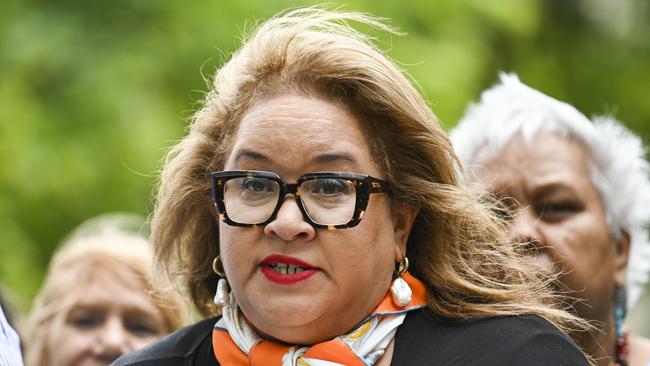
Each understands Indigenous Australians will be shattered. Each will blame the other. The scorched earth will belong to both.
For Yes supporters – including me – winning is the only course. Politics, personalities and even past drafting disputes are irrelevant.
But the immediate challenge is that the polling for the voice is not good. It is threatening. Multiple polls place the Yes vote between the high 40s and low 50s. Support for No is in the mid 30s. Undecideds are around 20 per cent. There is not a Yes majority in a single state.
Every referendum has its own baggage, which just has to be carried. This one is a Labor product, driven by powerful Indigenous leaders, and never open to change. It eschews bipartisanship.
There does exist a substantial Yes infrastructure, Australians for Indigenous Constitutional Recognition. This is a coalition of Indigenous leaders such as Rachel Perkins and Megan Davis and whitefella supporters. It has both mass and internal tensions.
AIRC also has an enormous amount of campaign money, around $17m from corporate and other backers. It will have an extensive campaign staff, including prominent pollster Mark Textor.
Yet despite all these resources, the polls are so weak. True, the main battle is not joined. But preliminary skirmishing has gone poorly. Timing is vital. The Yes camp’s vast resources must be deployed promptly. Holding fire because referendum day is four months away would be a grave mistake. Once someone congeals to No, they will not be shifted.
This assumes Yes promotions actually will be helpful. Preliminary offerings have been uninspiring. A bad campaign will lose, not garner, votes. What must the Yes campaign do to win, and not do to avoid losing? It already is clear the Yes forces face some challenging strategic choices.
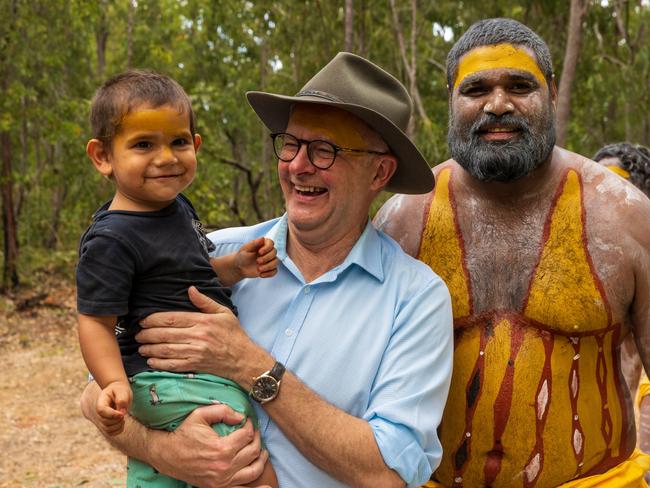
A basic difficulty is the level of ambition. Prime Minister Anthony Albanese has gone from a Yes vote being “modest” to now being “historic”. He even talks decolonisation. But history shows constitutionally nervous Australians do not vote for an amendment because it is big. Small and modest works. “A Fair Go” would be a better mantra than “Make History”.
Yet Albanese and allies are stuck. The proposal cannot be sold on its detail. It is already highly partisan. Surging on the vibe may be the only, yet dangerous option. Even so, the vibe can be calculated or undisciplined. Plausible appeals to fairness will beat lofty appeals to history.
Critically, the Yes case cannot just talk to itself. It must persuade the dubious. The language of “history” is inspiring to its enthusiasts but will worry soft voters. Assuring your own vote is pointless.
The Yes case must not, like the republic, assume a uniform national audience typed by Sydney. This referendum will comprise micro “markets”, requiring highly tailored messages. Western Australia and Queensland, with their challenging histories around Indigenous people, will require delicate handling. In fact, recent polls suggest they are lost causes.
There are other difficult examples. Poorer Australians with limited educational opportunities will be less inclined to vote yes because they have their own painful disadvantages. This group destroyed a self-indulgent, “elitist” republic, and must be addressed with care and respect.
The Yes case cannot adopt self-serving fantasies. It does not monopolise social media, as recent weeks have shown. The No side can indeed campaign on natural media momentum. The young and migrants will not automatically vote yes without nurturing. Yes officials are not all geniuses.
It cannot assume this is the same-sex marriage plebiscite. Permanent constitutional amendment is much harder. Same-sex was a family issue for most Australians. The voice is not. It cannot run a campaign without some bipartisan credibility. It must promote conservative voices such as Julian Leeser to balance Peter Dutton. It cannot just concede over a third of the electorate.
Some tempting strategies are poison. Featuring politically correct heroes will fail utterly. Sports stars, actors and cultural leaders sank the republic. People resented the condescension. Multi-millionaire Michael Chaney’s recent demand Australia vote yes or face international business condemnation is instructive. People are irritated by a plutocrat issuing instructions to pariahs.
Eschewing moral blackmail is vital. If voters feel shamed into voting yes, the referendum is doomed. Moralisation around the “right side of history” and “decolonisation” is dangerous. Complicating agendas for reparations, political sovereignty, treaty and truth need to be parked.
The core of the referendum must be an appeal from Indigenous to non-Indigenous Australia, in all goodwill, and indeed love. It must firmly put past disadvantage without rancour, current disadvantage with cooperative insistence, and future opportunity with shared hope and confidence.
As the Uluru process itself pointed, any success will be based on agreement, not a demand or shaming, let alone a threat.
This will require discipline, co-operation and forbearance on the Yes side. No one owns the referendum. No one is its hero. No one, let alone the Australian people, are monsters.
Nor can we afford a campaign complicated, vexed, egotistical and divided. Uncertainty and division are the lifeblood of any No campaign.
Righteous self-congratulation will be icy consolation in the wreckage of a lost referendum.
Emeritus Professor Greg Craven is a constitutional lawyer.

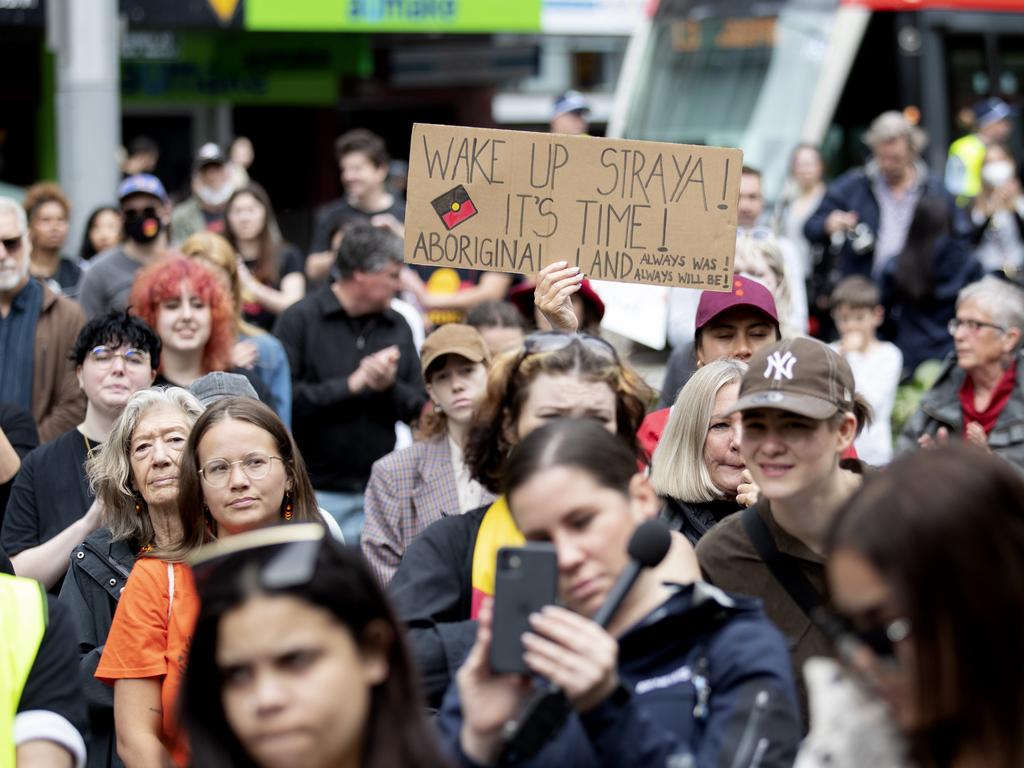
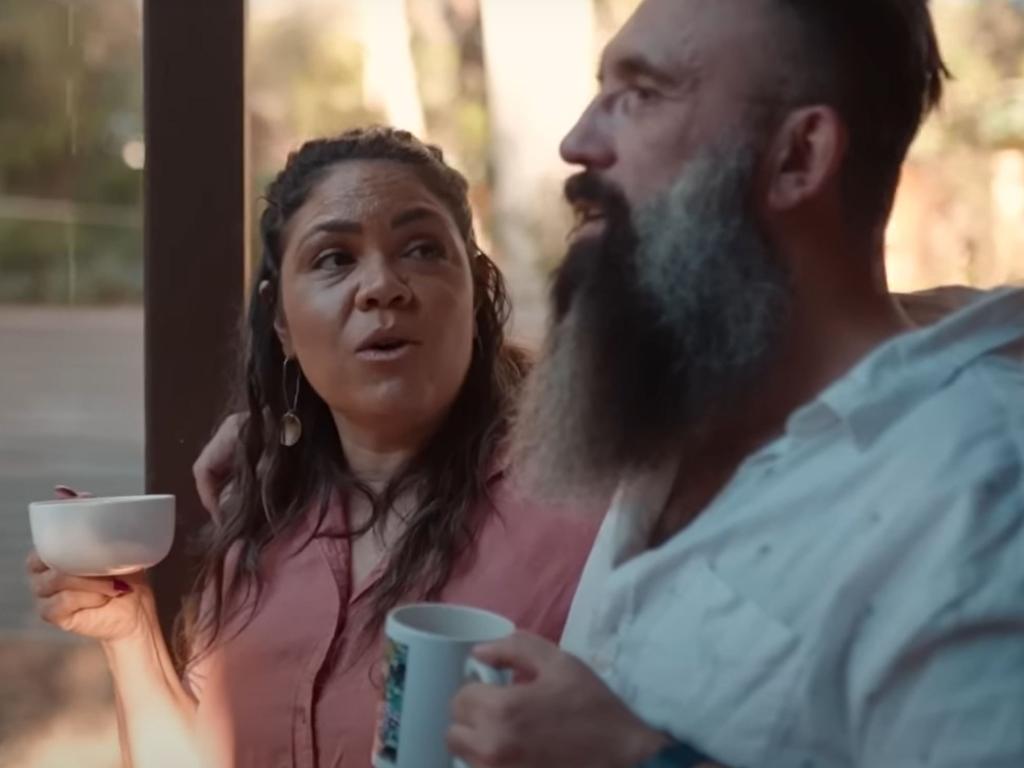
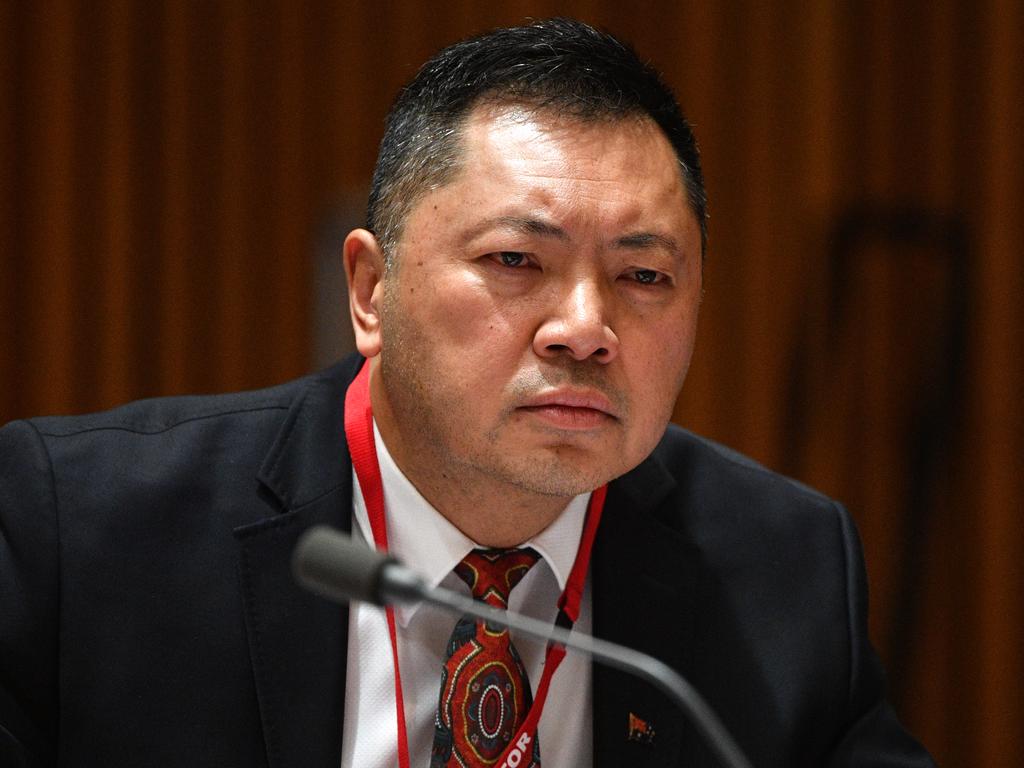
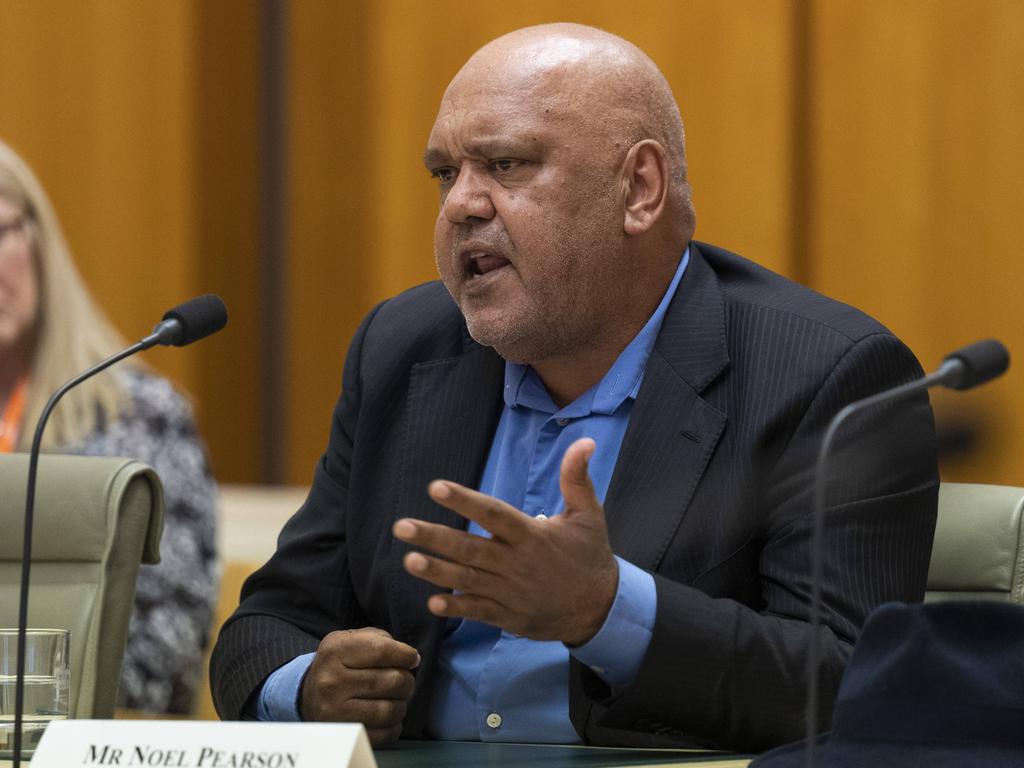


There is one unlikely point of agreement between the Yes and No camps for the voice referendum. Terror of the consequences of a lost vote.